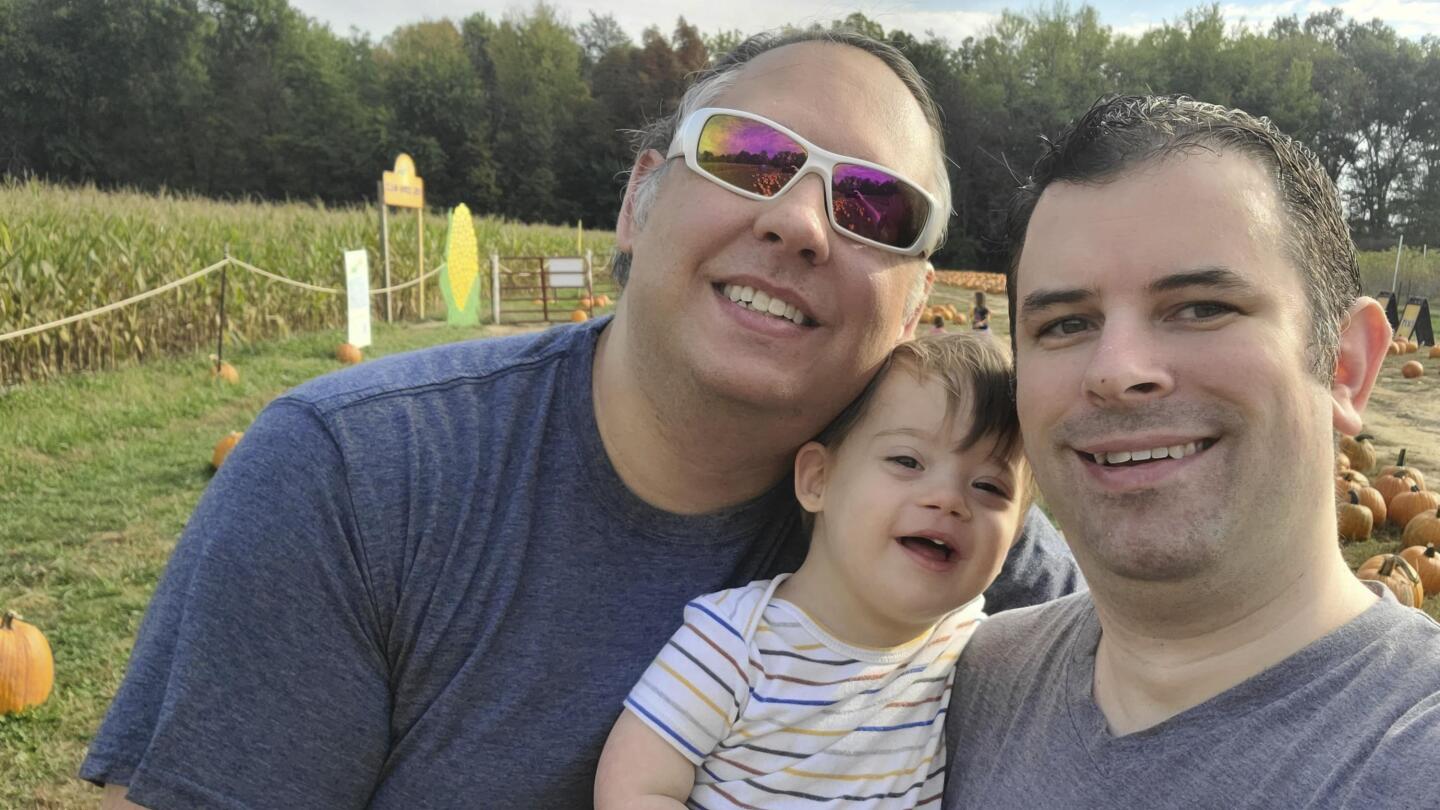WhoDatPhan78
Definitely not part of the deep state.
- Joined
- Oct 14, 2008
- Messages
- 11,379
- Reaction score
- 22,414
Offline
Follow along with the video below to see how to install our site as a web app on your home screen.

Note: this_feature_currently_requires_accessing_site_using_safari
Sorry, no cool stories.AND..................................................................................................?????
I thought it was okay to get, say, this and the flu shot at the same time? I mean, I've staggered mine, so it's whatever, but I found it curious they'd ask if you were getting another vaccination today.or getting another vaccination today.
I thought the same. If I were getting the flu shot today,I would have lied about it. Getting both has been ok'd,but I feltI thought it was okay to get, say, this and the flu shot at the same time? I mean, I've staggered mine, so it's whatever, but I found it curious they'd ask if you were getting another vaccination today.

Then, she recommends adding in one cup of borax, a cleaning agent that’s been banned as a food additive by the Food and Drug Administration, to “take nanotechnologies out of you.”

At some point, we must let natural selection take over. I'm pretty sure we're at that point now.Interesting read
============
The official U.S. approval of a coronavirus vaccine for elementary school students removes one of the last barriers to ending the pandemic, but it’s obvious that a significant portion of the country will never fully embrace vaccination.
We’ve tried just about every form of positive motivation, including emphasizing family reunions, giving away beer and dangling $5 million in lottery winnings — with mixed results.
For example, researchers found that Ohio’s distinctive lottery program didn’t actually affect vaccination rates.
To combat vaccine hesitancy, we need to grasp its psychological roots. Alongside skepticism of institutions and experts, exposure to misinformation, and other often-cited reasons for resisting vaccines sits a clear emotional explanation: Many people are afraid that they’ll make a bad decision. They’re influenced by the psychology of anticipated regret.
Understanding this reaction can help us get more shots into arms, removing one of the final obstacles to controlling the virus. It’s widely understood that when humans make decisions, they engage in a cost-benefit analysis.
But psychologists have shown that people also conduct a less-rational calculation involving the regret they might experience. When deciding which of two roads to go down, they not only consider the statistical probabilities but also implicitly imagine their reactions to worst-case scenarios.
In these analyses, potential bad outcomes weigh heavier on the mind than equally likely positive possibilities. When do people anticipate feeling the most regret? When outcomes will derive from actions they take (as opposed to the consequences of declining to act), research shows.
Psychologists — notably Daniel Kahneman, who won a Nobel Prize in economics for his work on decision-making — have demonstrated these tendencies in a series of experiments. For example, Kahneman found that people anticipate feeling more regret if they were to lose money by switching to a new stock vs. taking a loss on their current stock.
And this regret is maximally intensified when we freely choose to take action — we are not ordered or coerced — and when it involves new or experimental activities.
For example, Kahneman found that people anticipate more regret when imagining an accident that occurs while driving home along a new route compared with driving on one’s normal route. Anticipated regret is why people often prefer to stand still rather than move forward……
The collapse of resistance to the mandates, following fierce pledges to quit, is puzzling until you consider the psychology of regret. When people don’t feel the weight of making their own choice, they aren’t as tormented by the anticipated negative outcomes of their decision.
Mandates externalize responsibility for getting vaccinated — shifting it from the self to others — making it easier to go forward with getting a shot. (Confronting the reality of losing a job surely also has a persuasive effect.)……
Unfortunately, I doubt that they'll ever pay again. Ohio was doing payouts/lottery etc. They found that payouts didn't have an effect in terms of increasing the vaccinated population so they stopped.I think, during the next pandemic, instead of getting vaxxed as soon as possible, I'll hold out until the govt offers me a million dollars to get vaxxed, then hem and haw about it for a day, then get jabbed and collect my retirement fund.

Unfortunately, I doubt that they'll ever pay again. Ohio was doing payouts/lottery etc. They found that payouts didn't have an effect in terms of increasing the vaccinated population so they stopped.
As a small sample size. My employer offered $500 for fully vaccinated employees, and another $1000 if we reach 83%. We are at 54% and the number has not increased. The company pulled the offer.